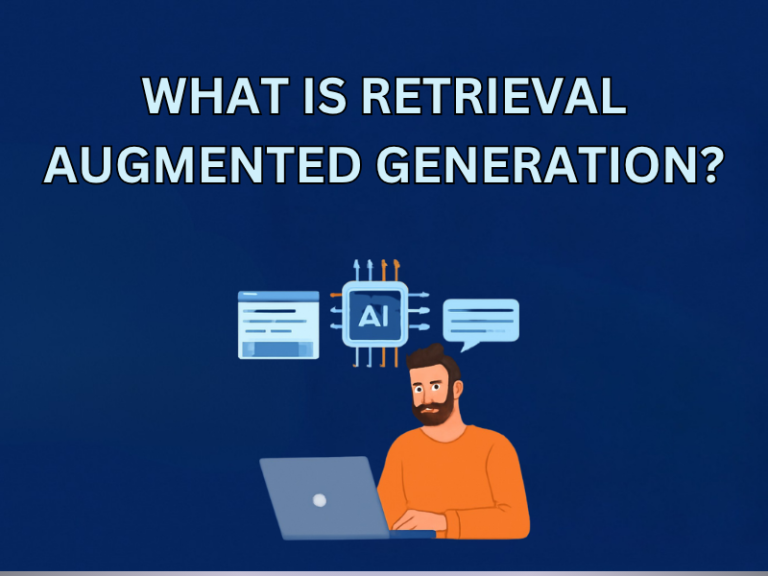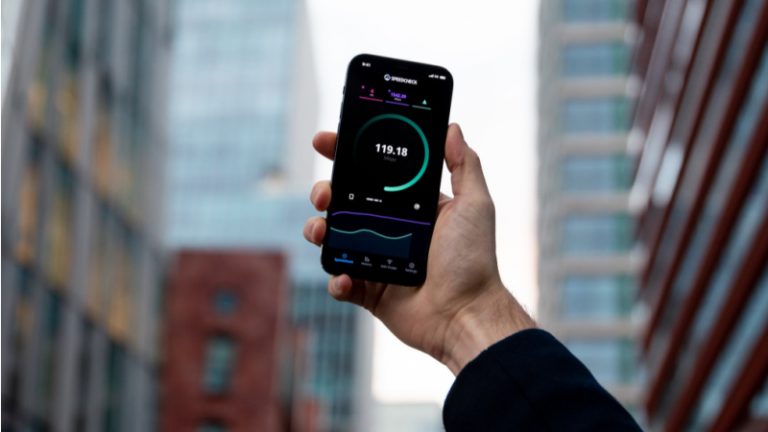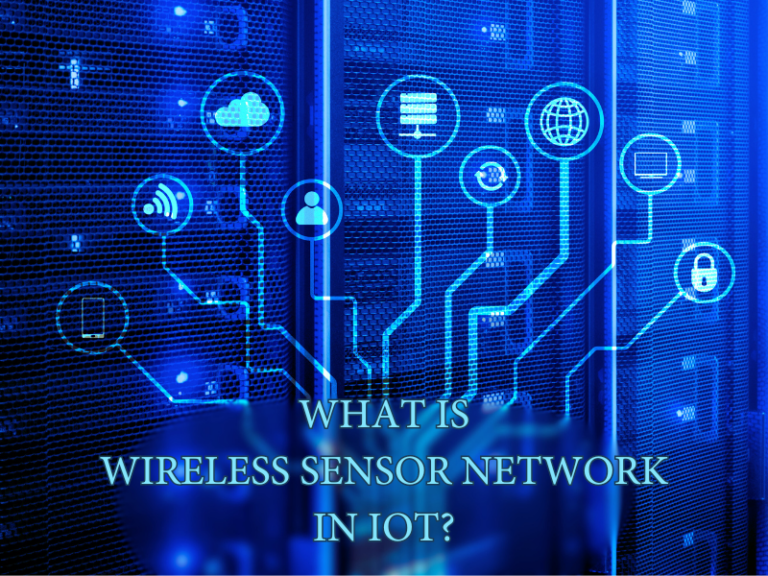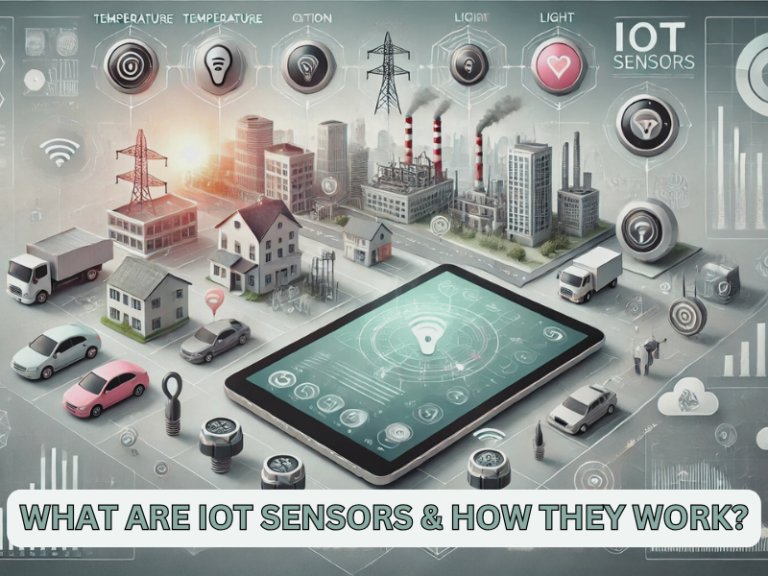Best IoT Platforms
The best IoT platforms effectively manage large amounts of data while ensuring security and efficiency. They are essential for various sectors, including healthcare and smart city infrastructure.
This article will explore the leading IoT platforms.
Key Takeaways
- The best IoT platforms are essential for managing data and security in areas like healthcare and smart cities.
- They control devices, maintain connections, collect data, build apps, and secure systems while integrating with other technologies.
- Leading options like IBM Watson IoT and AWS IoT Core provide features such as AI automation and cloud flexibility.
- IoT platforms include categories like Connectivity, Device Management, and Security, each playing a role in managing IoT systems.
- When choosing an IoT platform, consider compatibility, security, scalability, and cost.
Best Internet of Things Platforms
Take a look at some of the top IoT platforms.
1. IBM Watson IoT Platform
IBM Watson is one of the best IoT platforms and is the leading solution for businesses looking to take advantage of the power of IoT. Its advanced features and seamless integration with the IBM ecosystem offer unparalleled benefits.
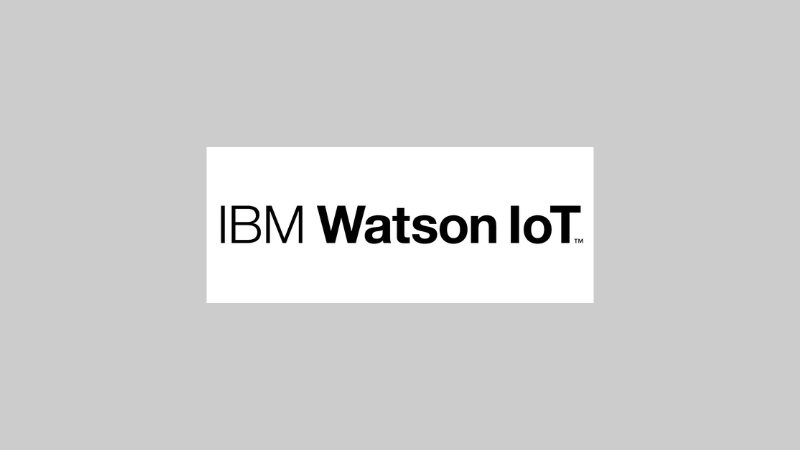
Benefits
- AI-Powered Automation. Automates tasks and extracts deep insights from data using advanced AI capabilities.
- Hybrid Cloud Flexibility. It allows for data storage and processing both on-premises and in the cloud. This dual capability provides flexibility while maintaining strong security measures.
- Seamless Integration. It easy connects with other IBM services, such as Watson Studio and IBM Cloud Pak for Data, providing smooth operations.
- Comprehensive Data Management. It presents trusted data collection, management, and analysis tools, making it ideal for businesses.
2. Microsoft Azure IoT Hub
Microsoft Azure IoT Hub is a great option for businesses looking for a secure and reliable Internet of Things (IoT) platform. It provides basic features that help manage IoT devices with precision.
Benefits
- Flexible Data Management. The hybrid cloud model allows you to store and process data in a way that suits your business needs.
- Strong Security: Advanced features protect data from unauthorized access. It complies with strict industry standards.
Seamless Integration: It works well with Microsoft tools like Power BI and Dynamics 365. This makes it ideal for companies already using these solutions. - Scalability. The platform can grow with your business, whether you’re managing a few devices or a large IoT network.
3. Amazon Web Services (AWS) IoT Core
Amazon Web Services (AWS) IoT Core is a powerful and flexible platform designed to manage Internet of Things (IoT) devices. It presents a broad range of features that make it a top choice for businesses.
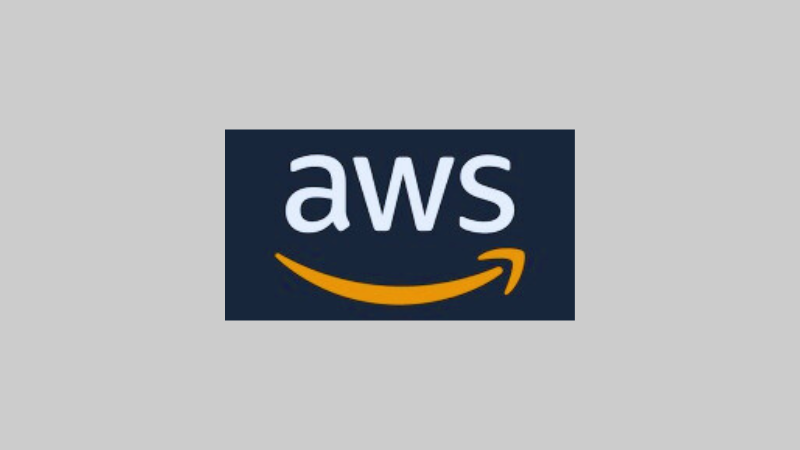
Benefits
- Comprehensive Features. AWS IoT Core suggests tools for device management, data analytics, and machine learning. It covers all the most important IoT needs.
It connects smooth with AWS services like Amazon S3 and Lambda, offering a unified user experience. - High Performance. AWS IoT Core is perfect for large IoT projects. It delivers reliable and high-performing solutions for demanding applications.
4. Google Cloud IoT Core
Google Cloud IoT Core is one of the best platforms available for managing Internet of Things (IoT) devices. It integrates smooth with the Google Cloud ecosystem, making it an excellent choice for users of Google services.
Benefits
- Easy Integration. Works well with Google tools like BigQuery, Google Analytics, and Google Maps for a single experience.
- Smart Data Insights. Use Google’s machine learning to get insights from your data and automate tasks.
- Strong Security. It meets high-security standards to keep your data safe from unauthorized access.
5. PTC ThingWorx
PTC ThingWorx is a leading IoT platform for complex projects. It provides a wide range of tools for different industries. This makes it a practical choice for businesses with specific needs.
Benefits
- Digital Simulations. Enables the creation of virtual twins to simulate and optimize real-world processes.
- Industry-Specific Solutions. Custom manufacturing, healthcare, and energy offerings, ensuring solutions align with industry demands.
- Broad Integration. Easy integrates with numerous third-party systems, allowing for seamless connectivity across different platforms.
6. Siemens MindSphere
Siemens MindSphere is a powerful IoT platform designed for industrial applications. It is well-suited for manufacturing companies and offers advanced tools to optimize and maintain production processes.
Benefits
- Industrial Focus. It is for industrial use. It features advanced tools to enhance efficiency and help maintain production systems.
- High Security. It meets the highest security standards. This ensures the protection of sensitive industrial data.
- Seamless Integration. It easily connects with Siemens automation and control systems, making it perfect for companies using Siemens equipment.
7. Software AG Cumulocity IoT
Software AG’s Cumulocity IoT is a flexible and secure platform ideal for businesses that need a comprehensive IoT solution.
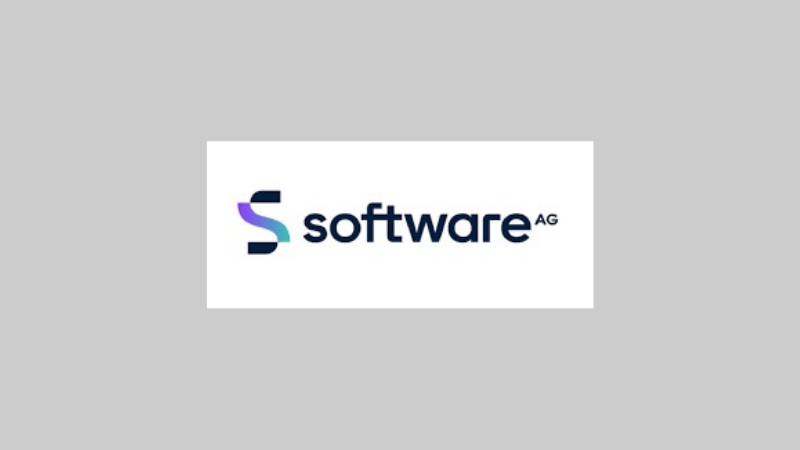
Benefits
- Hybrid Cloud Model. This model allows data to stored and processed on local and cloud servers, ensuring flexibility and strong security.
- Advanced Data Analytics. It provides powerful tools to gain deep insights from your data, helping you make informed decisions.
- Open Architecture. Easy integrates with a wide range of third-party systems, allowing seamless connectivity.
8. Kaa IoT Platform
The Kaa IoT Platform is a user friendly solution tailored for startups and smaller businesses that suggests simplicity and ease of use.
Benefits
- Simple Interface. It is design for smaller businesses and startups. The platform offers an easy-to-use interface. It also enables quick deployment.
- Cost-Effective. It provides attractive pricing, making it ideal for smaller projects.
- Active Community. Supported by an active user community that suggests plenty of resources and help.
9. Losant IoT Platform
Losant stands out as an IoT platform with its strong focus on data visualization and open architecture. It’s ideal for companies seeking deep data insights and integrates smoothly with existing systems.
Benefits
- Advanced Data Visualization. It provides powerful tools for visualizing and monitoring data in real-time. This helps you make informed decisions quick.
- Wide Integration. It connects easy with a variety of third-party systems and tools. This ensures smooth operation within your existing infrastructure.
- Comprehensive API Support. It provides extensive API capabilities, making it developer friendly and easy to customize.
10. Particle Cloud IoT Platform
The Particle Cloud IoT Platform is a great choice for companies developing their IoT devices. The platform offers easy integration with Particle hardware. It includes a user friendly mobile app. It also has an active developer community.
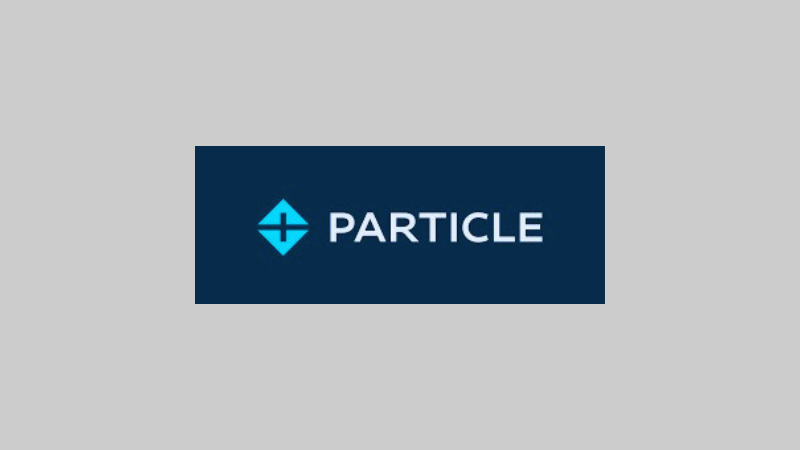
Benefits
- Broad Hardware Support. It easy integrates with a wide range of hardware, including particle microcontrollers.
- Good Mobile App. Allows you to control devices and monitor data from any mobile device, ensuring easy access and management.
- Active Developer Community. It provides access to many plug-ins and resources. This helps accelerate development and address challenges.
Main Types of IoT Platforms
Each IoT platform plays a unique role in helping businesses build, manage, and secure their IoT solutions. Below are the main types:
Connectivity Platforms
Manage communication between IoT devices, ensuring they stay connected and facilitate smooth data exchange.
Device Management Platforms
Help monitor and manage devices, assist with setup and updates, and ensure smooth operation throughout the device lifecycle.
Data Management Platforms
Handle large volumes of IoT data, offering tools to collect, store, and analyze it for valuable insights.
Application Enablement Platforms (AEP)
Provide tools and frameworks for developing custom IoT applications, speeding up the development process.
Cloud Platforms
Offer services like data storage, analytics, and app development with the scalability needed for large IoT deployments.
Industrial IoT (IIoT) Platforms
Designed for industrial environments, focusing on efficiency and safety, particularly in sectors like manufacturing and energy.
Edge Computing Platforms
Process data closer to devices, reducing latency and enabling real-time decision-making for time-sensitive applications.
Security Platforms
Protect IoT networks and devices with tools for encryption, authentication, and threat detection.
How to Choose Internet of Things Platforms?
Below are some simple steps to help you choose the best option:
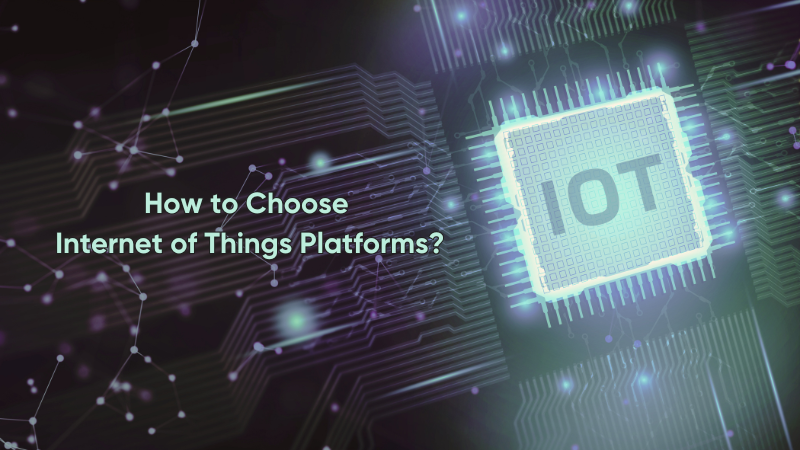
- Identify what you need from an IoT platform. Consider the type of devices you’ll be using, the data you need to collect, and the scale of your project.
- Ensure the platform supports the devices and protocols you plan to use. Compatibility with your existing systems is important for smooth integration.
- Look for strong security measures, such as data encryption, authentication, and regular updates. It is important to keep your IoT system secure.
- Choose a platform that can grow with your needs. As your IoT network expands, the platform should be able to handle more devices and data.
- A user-friendly platform will save time and reduce complexity. Look for intuitive interfaces and good support resources.
- Compare different platforms’ costs, including hidden fees, and ensure the pricing fits within your budget.
- Good IoT platforms offer tools to analyze and visualize data. This helps you make informed decisions based on the information your devices collect.
- Learn from other users’ experiences. Reviews and case studies can provide insights into how well the platform performs in real-world scenarios.
What Is an IoT Platform?
An Internet of Things (IoT) platform is a system that helps manage and connect IoT devices, making it easier for them to work together.
What it does?
- Device Management. It lets you control and update IoT devices from anywhere.
- Connectivity. It enables devices to connect to the internet and communicate with each other.
- Data Collection. This platforms gathers device data and helps you analyze it to make smart decisions.
- App Development. Provides tools to build apps that interact with IoT devices.
- Security. Protects your devices and data from unauthorized access.
- Integration. Connects IoT systems with other apps and services for smooth operation.
Final Thoughts On Best IoT Platforms
The best IoT platforms in 2025 stand out in data management, security, and efficiency. They are vital for industries like healthcare and smart cities. These platforms offer essential tools for managing devices, connecting them, collecting data, developing apps, ensuring security, and integrating systems.
Top Internet of Things Platforms include IBM Watson IoT, Microsoft Azure IoT Hub, AWS IoT Core, Google Cloud IoT Core, PTC ThingWorx, Siemens MindSphere, Software AG Cumulocity IoT, Kaa IoT Platform, Losant IoT Platform, and Particle Cloud IoT Platform.
FAQs About Internet of Things (IoT) Platforms
What is an IoT platform❓
An IoT platform connects, manages, and controls IoT devices, providing tools for data collection, analytics, and security.
How do I choose the best IoT platform❓
To choose the best IoT platform, define your needs, check compatibility, evaluate security, consider scalability, assess ease of use, and review costs and analytics features.
What are some of the best IoT platforms❓
Some of the best IoT platforms include IBM Watson IoT, Microsoft Azure IoT Hub, AWS IoT Core, Google Cloud IoT Core, PTC ThingWorx, Siemens MindSphere, Software AG Cumulocity IoT, Kaa IoT Platform, Losant IoT Platform, and Particle Cloud IoT Platform.
What are the main types of IoT platforms❓
The main types include Connectivity Platforms, Device Management Platforms, Data Management Platforms, Application Enablement Platforms, Cloud Platforms, Industrial IoT Platforms, Edge Computing Platforms, and Security Platforms.
Why is security important in IoT platforms❓
Security is important in IoT platforms as it protects networks from unauthorized access and cyber threats, ensuring data and system safety.

